- Home
- Topics
- Smoking and your health
- How smoking affects the body
How smoking affects the body
Smoking tobacco harms nearly every part of your body. To see what can happen when you smoke tobacco, read on to learn about the effects of smoking on your body.

Smoking and your body
Bladder
Smoking causes bladder cancer.
Benefits of quitting on your health
Quitting smoking reduces the risk of bladder cancer.
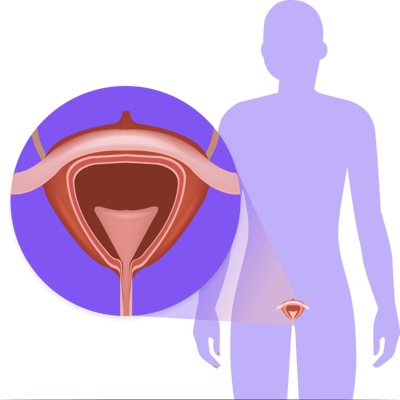 der cancer.
der cancer.
Blood vessels
Smoking is a leading risk factor for developing peripheral vascular disease (PVD). PVD is reduced circulation to a body part due to a narrowed or blocked blood vessel.
Benefits of quitting on your health
Quitting smoking can reduce the risk of developing PVD.

Bowel
Smoking is associated with bowel cancer. Many cancer-causing chemicals in tobacco smoke can reach the bowel via the bloodstream.
Benefits of quitting on your health
People who smoke are 20% more likely to develop bowel cancer.
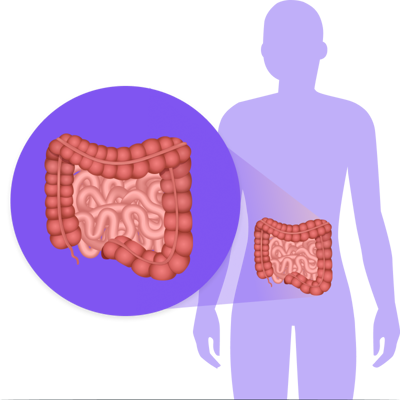
Brain
Smoking is a major cause of stroke. A stroke occurs when an artery carrying blood to the brain suddenly becomes blocked, causing loss of movement, vision or speech.
Nicotine withdrawal can affect emotions, stress and other feelings involving the brain. People who smoke generally experience more anxiety, stress and depression than people who don’t smoke. Adolescents are particularly vulnerable to the effects of nicotine on developing brains. Exposure to nicotine during adolescence may trigger long-term changes in brain function related to reward pathways, learning, memory and mood, plus increased susceptibility to nicotine addiction.
Benefits of quitting on your health
Five years after quitting smoking, the risk of stroke will have been significantly reduced. Becoming a non-smoker can lead to reduced stress levels. On average, people who quit smoking experience a 40% increase in positive emotions.

Heart
Smoking causes coronary heart disease and increases the risk of other heart and blood vessel diseases. [link to Smoking, heart disease and stroke] Blockages in certain arteries can lead to a heart attack. Reduced blood supply to the heart can cause permanent damage to heart muscles.
Benefits of quitting on your health
A year after quitting smoking, the risk of heart disease is about half that of someone who continues to smoke. 15 years after quitting smoking, the risk of heart disease is around the same as someone who's never smoked.

Lungs
Smoking causes lung cancer. Learn more about smoking and cancer. In Australia, 90% of lung cancers among men and 65% among women are caused by smoking.
Benefits of quitting on your health
A year after quitting smoking, breathing improves and the risk of lung cancer is reduced.

Nails
Smoking can cause nails and fingers to turn yellow.
Benefits of quitting on your health
When you quit smoking, tobacco stains on your fingers and nails start to fade.

Pregnancy
Smoking during pregnancy significantly increases the chance of having a premature baby.
Benefits of quitting on your health
Quitting smoking reduces the health risks to both mother and child.

Cervix
Smoking increases the risk of cervical cancer.
Benefits of quitting on your health
Within 5 years of quitting, the risk of cervical cancer is the same as someone who has never smoked.
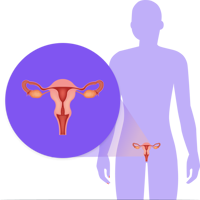
Penis
Smoking weakens blood flow to the penis. People who smoke are twice as likely to have erectile problems.
Benefits of quitting on your health
Quitting smoking reduces the chance of impotence.
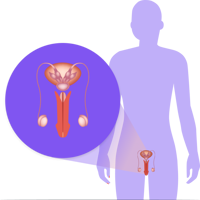
Skin
Smoking causes the skin to lose its elasticity and age prematurely.
Benefits of quitting on your health
Quitting smoking leads to healthier-looking skin and a lower chance of having acne and psoriasis.
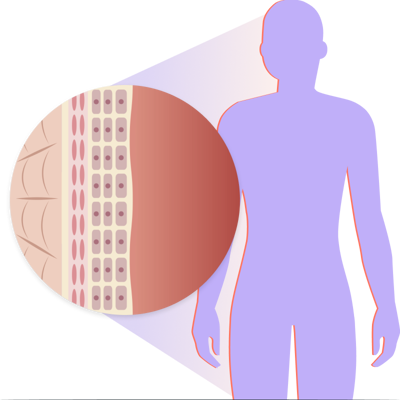
Teeth
Teeth can turn yellow when tar from cigarettes gets stuck in cracked tooth enamel. Smoking or chewing tobacco increases the risk of gingivitis, cavities, periodontitis and tooth loss.
Benefits of quitting on your health
When you quit smoking, there is less risk of losing teeth, having yellow teeth or bad breath. Quitting reduces the risk of tooth decay and dental conditions.
Throat
Smoking causes throat cancer.
Benefits of quitting on your health
Ten years after quitting, the risk of mouth and throat cancer is similar to someone who has never smoked.
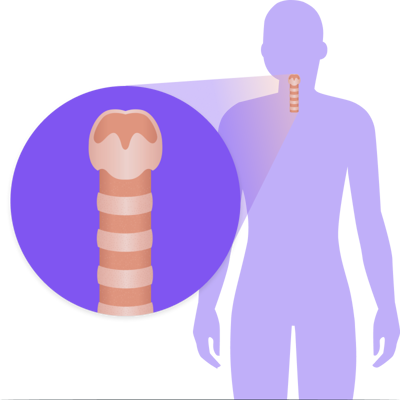
Create a personalised Quit plan that will support you while you quit.